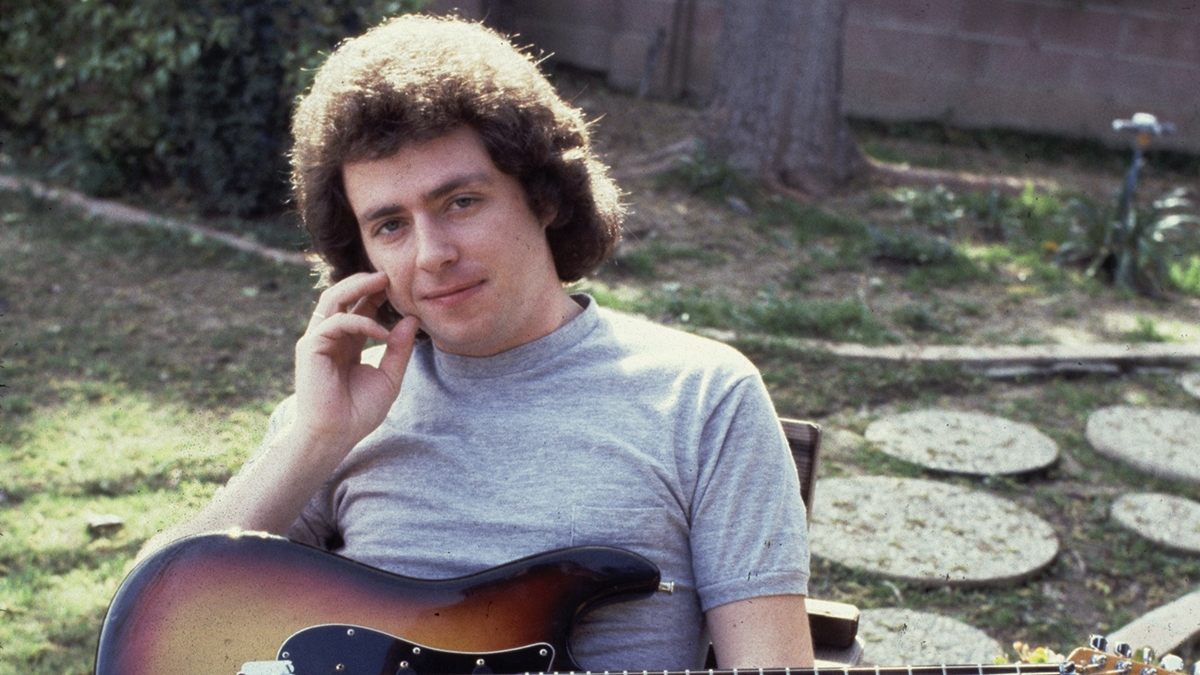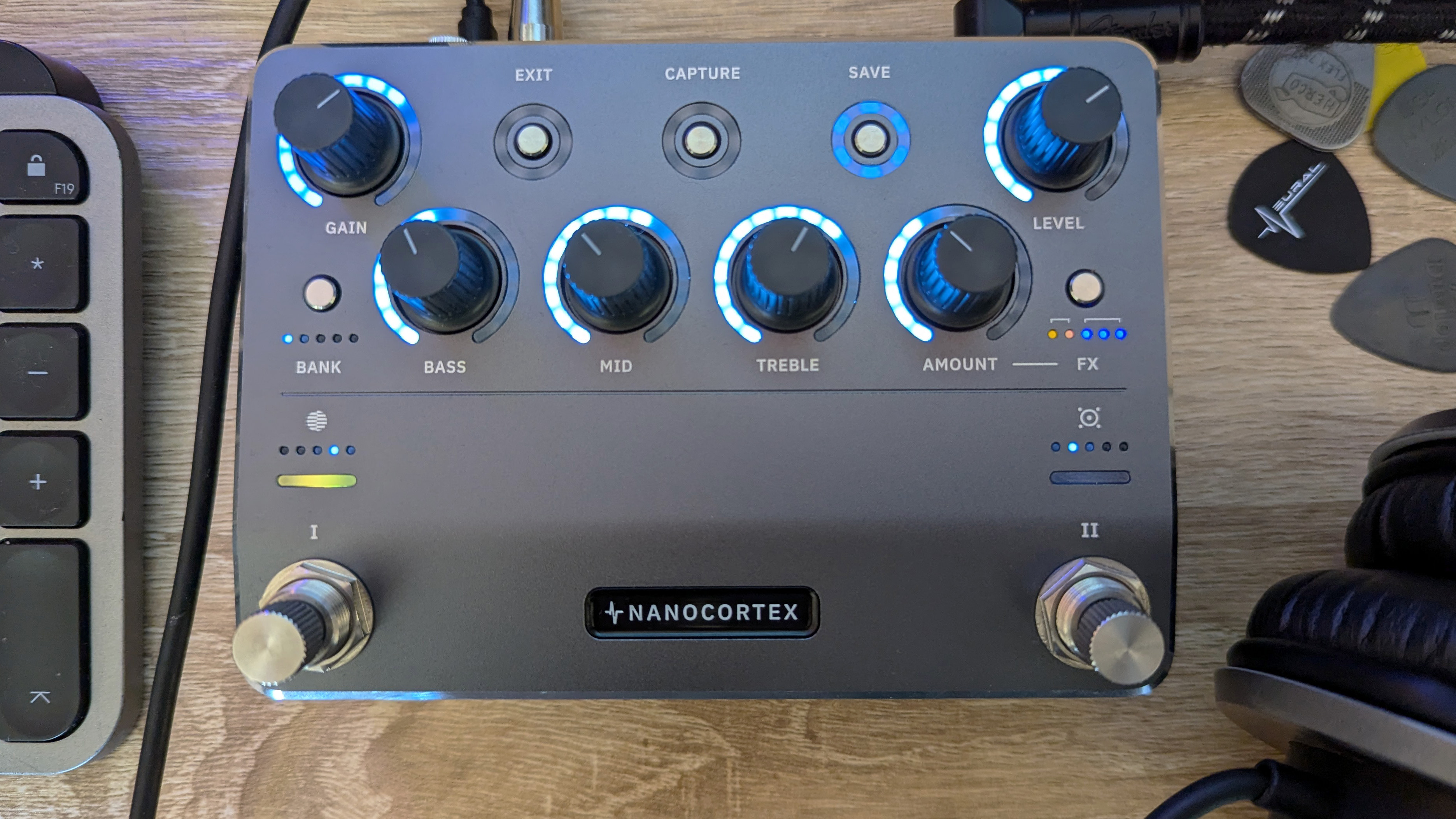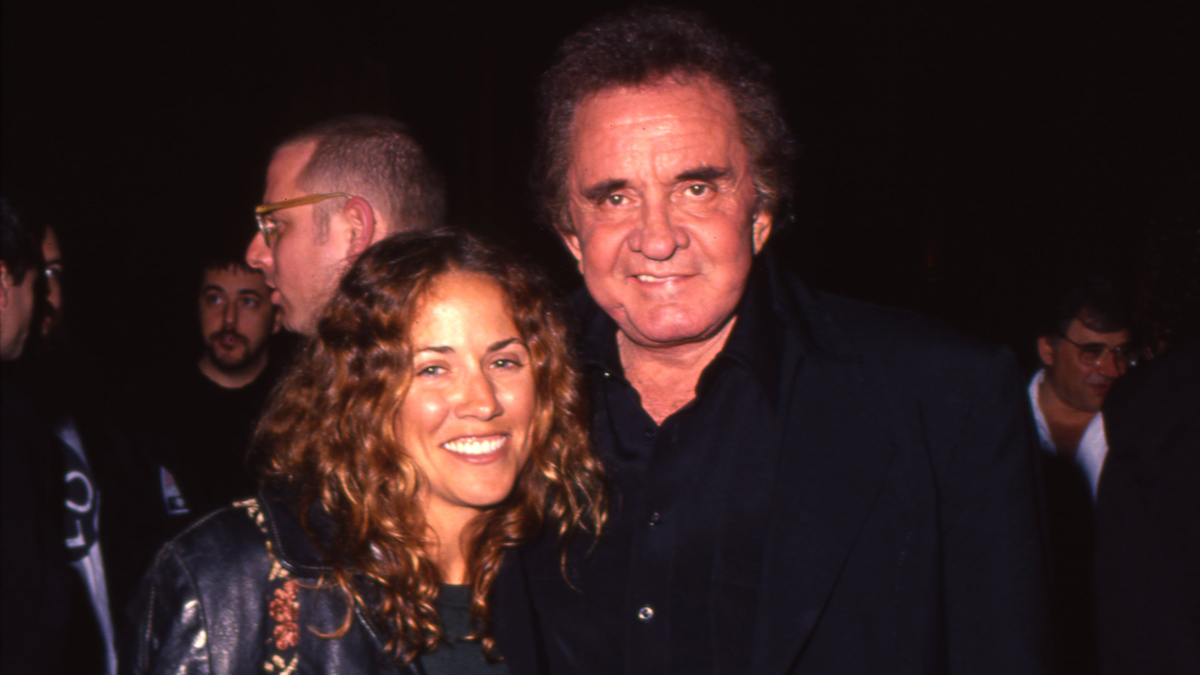“He’d be like, ‘Let’s throw Lukather in there.’ The next thing I knew, I’m in a room with Stevie Wonder and all these guys. It was like a childhood dream come true”: Steve Lukather on Quincy Jones’ ability to create “magic” in the studio
"Everyone played their best around Quincy. He commanded the room. Everyone was their extra best for every take”

Toto’s Steve Lukather is the latest of Quincy Jones’ former collaborators to pay tribute to him, following his death earlier this week. The guitarist says that working with the late producer was “always an incredibly positive experience”.
Lukather’s Quincy initiation was on 1981’s The Dude. Billed as a Jones solo album, this featured Patti Austin and James Ingram on lead vocals. With Rod Temperton helping out with the songwriting, Greg Phillinganes on keys and Bruce Swedien engineering, the record sounds like the missing link between Michael Jackson’s Off The Wall and Thriller albums. Indeed, Jackson himself shows up at one point, singing backing vocals on the title track.
“[Keyboard player] David Foster first recommended me to him when he was looking for musicians to play on The Dude,” Lukather tells Rolling Stone. “He recommended me because Quincy was always looking for new, young guys to come in and play with the older guys to spice it up a little bit.”
Jones, of course, came from a musical rather than an engineering background - he started out as a trumpet player - and Lukather highlights this as one of the things that made him special.
“Unlike some producers, he knew how to speak to musicians because he was one,” he says. “The non-musician producers have a different way of approaching the whole thing because they’re not approaching it from a nuts and bolts perspective. Producers like Quincy can be like, ‘Give me that guitar…Let me show you this part on the keyboard.’ Some of these other producers got lucky and they turned that luck into a career. That wasn’t the case with Quincy.”
Lukather goes on to reaffirm what many have said about Jones since his death: that one of his greatest gifts was being able to put the right people together.
“He’d be like, ‘Let’s throw Lukather in there,’” says the Toto man. “The next thing I knew, I’m in a room with Stevie Wonder and all these guys. It was like a childhood wet dream come true. And then this magic would happen. He created that magic. Everyone played their best around Quincy. He commanded the room. Everyone was their extra best for every take.”
Get the MusicRadar Newsletter
Want all the hottest music and gear news, reviews, deals, features and more, direct to your inbox? Sign up here.
After The Dude, Lukather and his fellow Toto band members - David Paich, Jeff Porcaro and Steve Porcaro - would go on to work on 1982’s Thriller. Indeed, Steve Porcaro actually co-wrote one of the singles - Human Nature - with John Bettis.
“[Quincy’s} office called me and [Toto drummer Jeff Porcaro] and said, ‘Look, Michael is doing another record. Quincy would like you on it,’” Lukather recalls. “I was like, ‘Yes, what time should I be there?’ I remember thinking to myself, “Wow, man. I’m fucking A-list!” It was great.”
The first track they recorded, says Lukather, was the Girl Is Mine, on which Jackson duetted with Paul McCartney. “It’s kind of a silly little tune looking back, but I got to meet my first Beatle,” he says.
Lukather also retells the story about there being two versions of Beat It and reveals that, although Human Nature was “very much Toto and Michael,” he only came to it fairly late in the day.
“There wasn’t a guitar part when Steve wrote it,” says Lukather. “Quincy looked at me and said to write one. He went, ‘I need this to be a little funky.’ And so I came up with that little part right on the spot.”



I’m the Deputy Editor of MusicRadar, having worked on the site since its launch in 2007. I previously spent eight years working on our sister magazine, Computer Music. I’ve been playing the piano, gigging in bands and failing to finish tracks at home for more than 30 years, 24 of which I’ve also spent writing about music and the ever-changing technology used to make it.
“I just treated it like I treat my 4-track… It sounds exactly like what I was used to getting with tape”: How Yves Jarvis recorded his whole album in Audacity, the free and open-source audio editor
“It shows enough promise to become the controller to rule them all”: Melbourne Instruments Roto-Control review



![Gretsch Limited Edition Paisley Penguin [left] and Honey Dipper Resonator: the Penguin dresses the famous singlecut in gold sparkle with a Paisley Pattern graphic, while the 99 per cent aluminium Honey Dipper makes a welcome return to the lineup.](https://cdn.mos.cms.futurecdn.net/BgZycMYFMAgTErT4DdsgbG.jpg)







